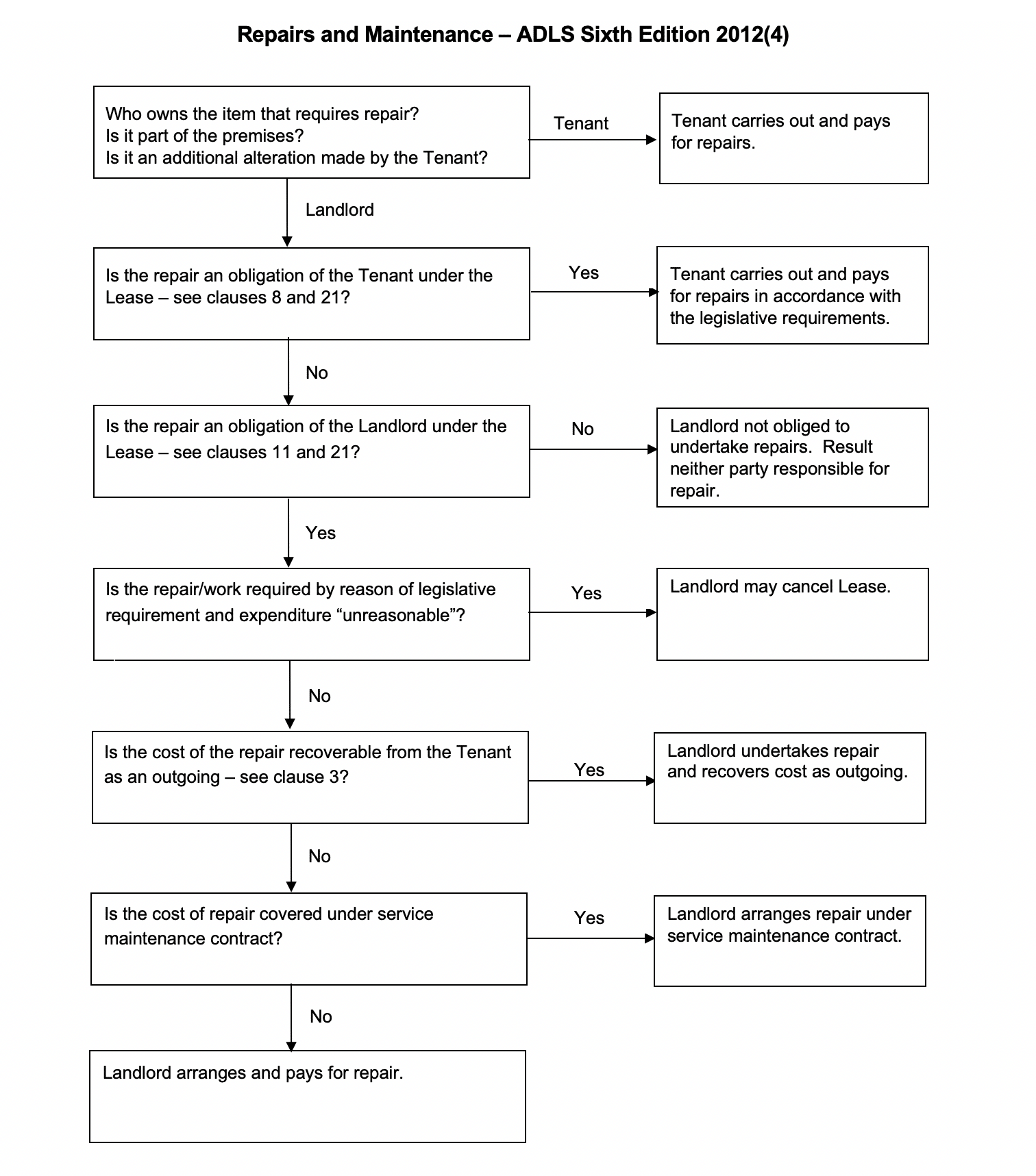Recently a landlord client with multiple motel properties wanted advice about liability for the repairs, maintenance and replacement of hot water cylinders in all of their properties.
The tenants were asserting the landlord was liable to replace all of the hot water cylinders which would have been a costly exercise. The lease was a bespoke form of lease, and as is often the case, it was not clear on the face of the lease which party was responsible for the hot water cylinders.
The starting point is always to review the lease – not just the maintenance provisions, but the contract as a whole because other provisions may be relevant to the question, for example, outgoings, building services, and insurance clauses. Who owns the item in question should also be considered as this may be determinative. It would be unusual for a landlord to be responsible for the repair and maintenance of the tenant’s fixtures and fittings, but not vice versa.
Leases (whether the standard Auckland District Law Society form of the lease or bespoke leases) typically deal with specific items (for example glass, painting, and floor coverings) and have general ‘catch-all’ provisions, for example keeping and maintaining the interior of the premises in good order, repair and condition. Although general in nature, such clauses have limited application.
Who is responsible for the costs also should be determined. It is not always the party who is responsible for the repairs and maintenance. For example, the landlord may be responsible for the repair but entitled to recover the cost from the tenant as an outgoing or the proceeds of an insurance claim.
Another consideration is whether a replacement item also falls under the obligation to repair. The lease may specifically deal with this point and reviews of case law may also be required. By law, the commitment to repair includes replacing subsidiary parts of a whole. This obligation is different from renewal where reconstruction of substantially the whole is required – that goes beyond general repairs.
Other factors include whether the item is covered by a service maintenance contract and the implications of the legislation.
To complicate matters, tenants and landlord’s alike are not obligated to cover specific items. So where does that leave the parties? This is what the Court of Appeal has referred to as a ‘black hole’ where neither party is liable (Avondale Hotel No.1 Limited v Peninsular Motel Hotel Limited and Portage Licencing Trust).
In the example case, the lease was silent on who was responsible for replacing specific items. The Court of Appeal refused to imply an obligation on either party. It took the view that:
-
just because the lease is express as to the tenant’s obligations in respect of the chattels, fixtures, fittings, plants, machinery, and equipment, did not mean that the landlord was responsible for everything else;
-
there was no implied term or implication from the express terms to impose the obligations on either party; and
-
just because something made commercial sense did not mean it was implicit, primarily when the contract was detailed and had been the subject of extensive negotiation.
Practically this meant the tenant, who was managing the hotel, had to pay for the replacement of the relevant items to continue operating.
For our client, a detailed review of the lease meant we were able to determine the tenants were, in fact, responsible for replacing the hot water cylinders at their cost. This solution resolved a dispute which had been ongoing for some time and meant the parties could arrange the necessary replacements with certainty about responsibility.
Every situation is different and turns on the particular circumstances and the provisions of the lease. The relevant provisions are often not all in the same place. For the ADLS lease (sixth edition) below is a flow diagram outlining the inquiry that should be made to assist with the resolution of the question “Who is responsible for repairs and maintenance.” (This is a guide only).

For more information:
The answer to what appears to be a straightforward question (who is responsible for the repairs and maintenance) may not be so simple. Our property lawyers are leasing experts who regularly advise on these types of issues. If your landlord or tenant is asserting that you are responsible for doing something or paying for something and you’re not sure, get in touch with us, and we will be able to advise you. Call our property experts Richard Caughley on04 495 8903 or Erica Tromp on (04) 495 8904, to discuss your options.